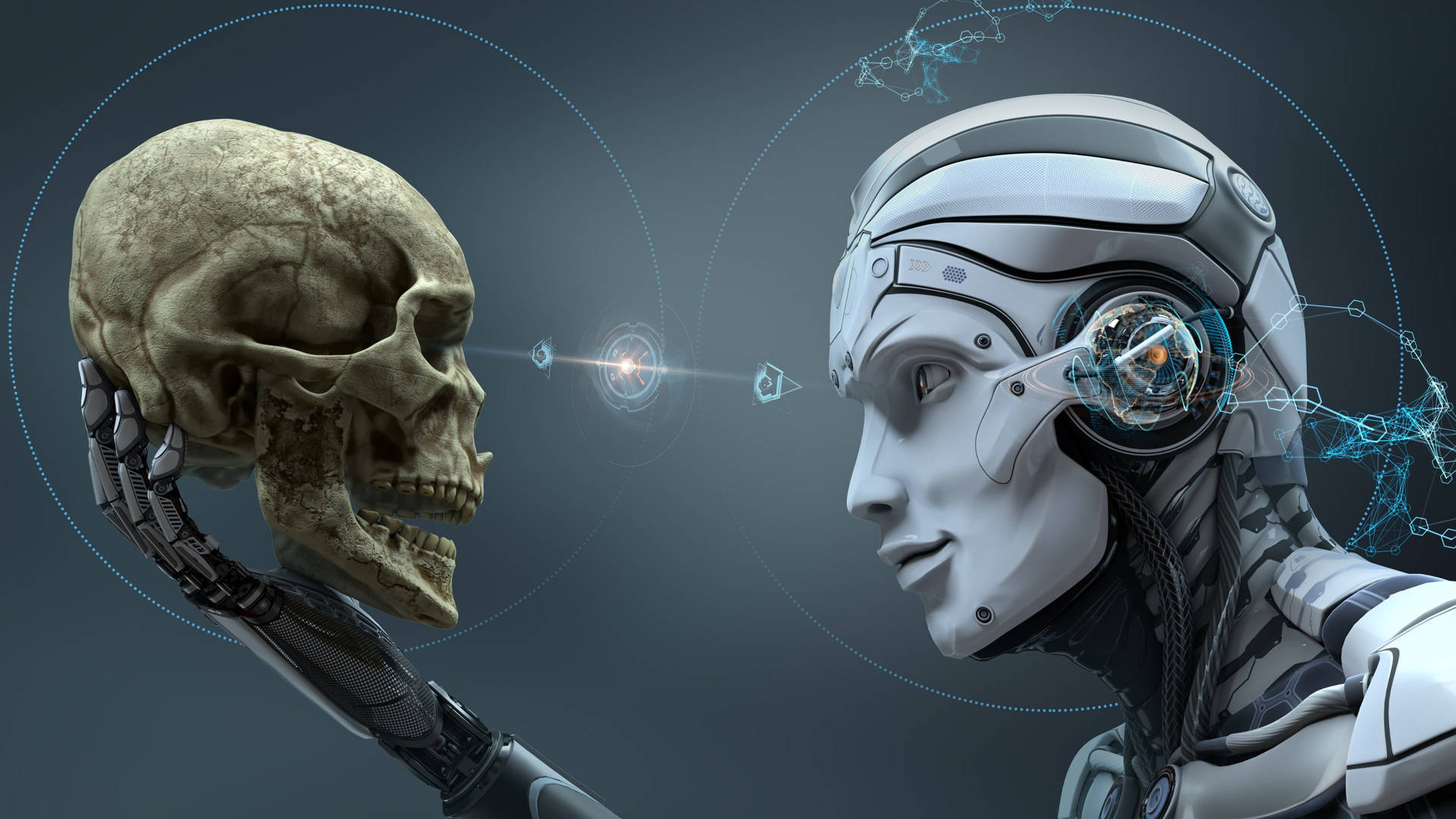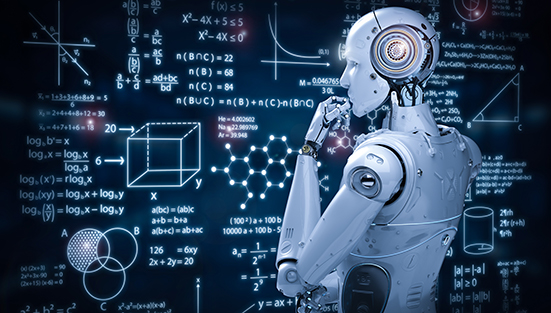What is Artificial Intelligence?
Artificial intelligence refers to computers copying how humans think and understand things. These processes include learning, reasoning, problem solving, comprehension, and language comprehension. The goal of AI systems is to mimic human cognitive abilities, allowing them to perform tasks typically based on human intelligence.
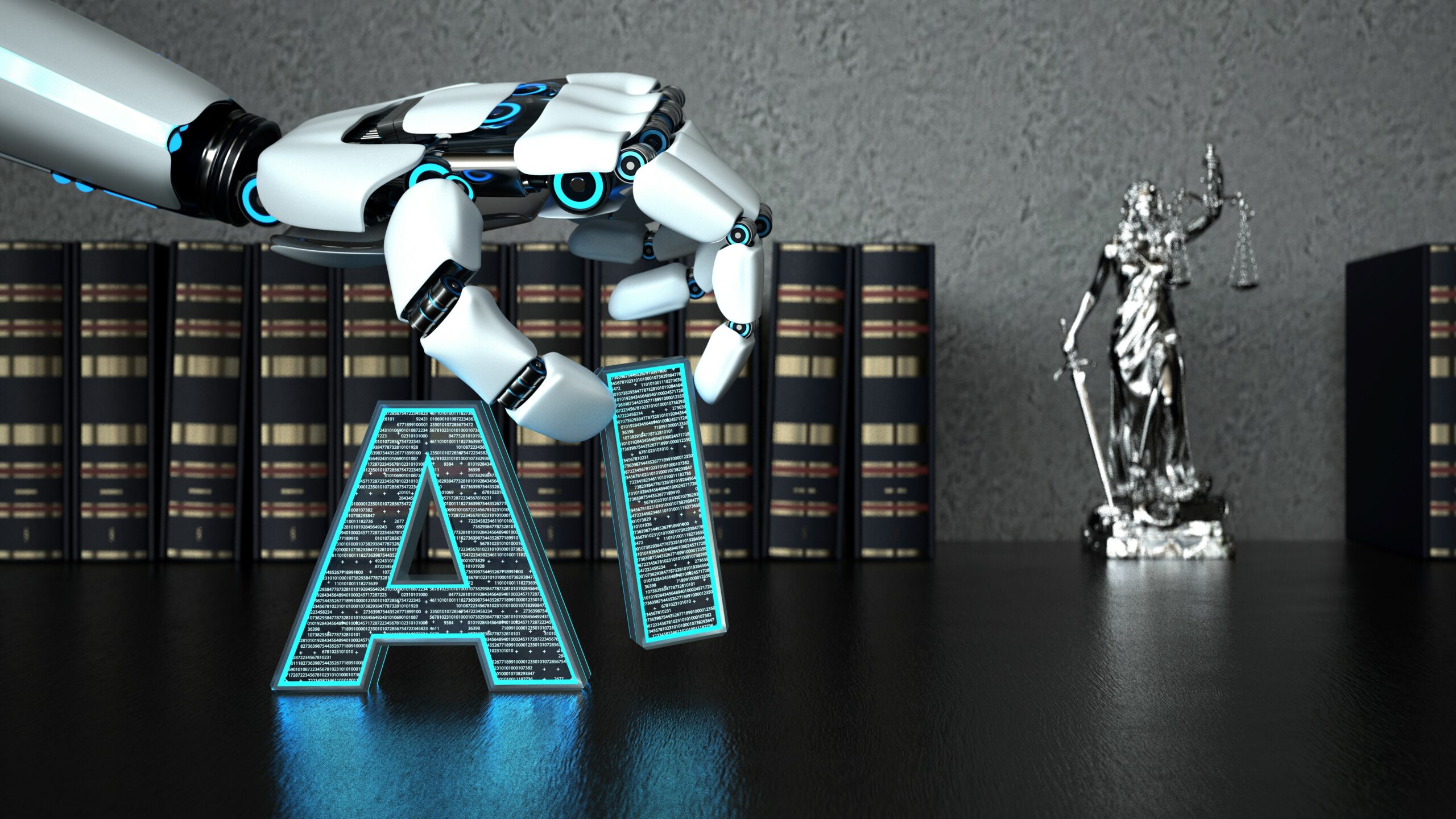 |
| Artificial Intelligence |
How does AI work?
- Data collection: First, we collect a lot of information like text, pictures or numbers. This information is like the knowledge of AI.
- Sorting and cleaning: We organize and clean this data, so that it is neat and easy to understand.
- Learning: AI uses special math and rules to learn from data. It looks for patterns, like how you learn from books or experiences.
- Decision making: After learning, AI can make decisions, such as recognizing pictures, understanding speech, or suggesting what you might like to watch next on a streaming platform.
- Getting better: AI can improve with practice. It continues to learn from new data and gets better at its tasks over time.
- Talking and Understanding: In some cases, AI can understand and speak in human languages. This is helpful for things like virtual assistants and translation.
Why is important artificial intelligence?
What are the advantages and disadvantages of artificial intelligence?
Advantages of AI:
- Assists with tasks: AI can perform tasks for us, such as sorting emails or answering questions, saving time.
- Accuracy: It is very good at performing repetitive tasks without making mistakes.
- Predictions: AI can predict things like weather or trends, which helps in planning.
- Medical assistance: Doctors use AI to diagnose diseases and find treatments faster.
- Safety: In self-driving cars, AI can make roads safer by preventing accidents.
- Space exploration: AI helps us explore space and learn about other planets and stars.
Disadvantages of AI:
- No emotions: AI does not have emotions or understand emotions, which can be a drawback in certain situations.
- Job Impact: Some worry that AI may replace jobs, although it may also create new jobs.
- Expensive: Developing AI technology can be expensive, and not everyone can afford it.
- Privacy concerns: AI can collect and use a lot of personal data, raising privacy concerns.
- Dependence on technology: We may become too dependent on AI and forget some important skills.
- Security risks: There is a risk of AI being used for harmful purposes such as hacking or disinformation.
Types of Artificial Intelligence
(1) narrow or weak AI
(2) general or strong AI
(1) Narrow AI: This type of AI is designed and trained for a specific task. Models incorporate voice aides like Siri, suggestion frameworks on streaming stages, and self-driving vehicles. Narrow AI excels at one task, but lacks the ability to generalize its knowledge to other domains.
(2) General AI: General artificial intelligence refers to machines that have human-like knowledge and can see, learn and apply information in different fields like people. Currently, we have only narrow AI systems and achieving general AI is a complex and unsolved challenge.
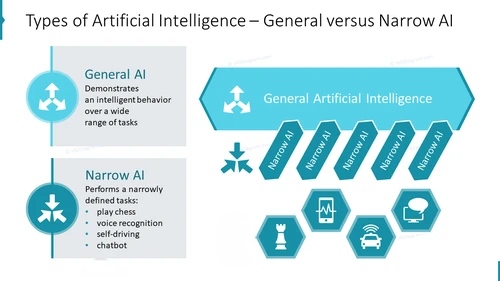 |
Types of AI |
What are the 4 Subtypes of artificial intelligence?
- 1. Reactive machines: These are like task-specific specialists. They can work really well, but they don't learn or understand new things. They follow a set of rules and patterns, like a chess-playing AI that's great at chess but knows nothing else.
- 2. Limited memory: This type of AI can learn from experience to some extent. It remembers past data and uses it to make decisions. For example, self-driving cars use data from the road to drive safely, but they cannot think beyond their programmed knowledge.
- 3. Theory of Mind: This AI is more advanced. It can sense human emotions, thoughts and intentions, such as knowing when a person is happy or sad. It doesn't just follow the rules; It is getting closer to understanding people.
- 4. Self-Aware AI: This is the most advanced and futuristic type. It's like an AI with a human-like mind. He can understand complex ideas, think for himself and even have feelings. We don't have this kind of AI yet, but researchers are trying to create it.
 |
| Read the four types of Ai and learn what they entail. |
What are examples of AI technology and how is it used today?
- Machine Learning: AI that learns from data and gets better at tasks over time. deep learning. One type of machine learning helps computers recognize images and understand speech.
- Natural Language Processing (NLP): This subfield focuses on enabling computers to understand, interpret, and generate human language. It underpins applications such as chatbots, language translation and sentiment analysis.
- Automation: AI helps with repetitive tasks in factories and offices, such as assembling products, sorting items and managing emails.
- Self-driving cars: AI controls cars to drive themselves, making travel safer and more convenient.
- Computer Vision: Involves teaching computers to interpret and understand the world's visual information such as images and videos. It has applications in facial recognition, object detection and medical image analysis.
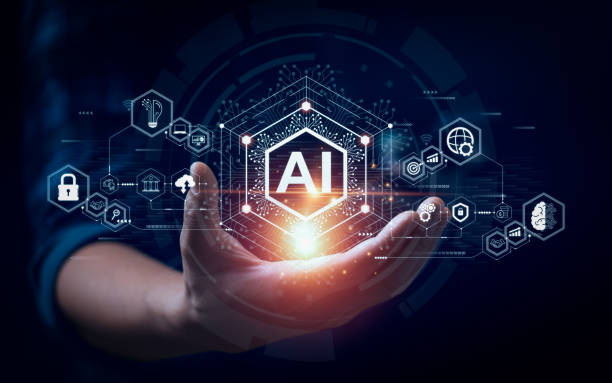 |
| Artificial intelligence in everyday |
- Robotics: Adding AI to robots so they can do tasks on their own or with some help. These include manufacturing, healthcare and exploration functions.
- Expert systems: AI systems designed to emulate the decision-making capabilities of a human expert in a specific domain. They use databases of information and thinking tools to find answers to difficult questions.
- Text, image and audio generation: AI can write articles, create art and even generate music or speech, making content creation faster and easier.
What are the applications of AI?
- Ai in Healthcare: AI helps doctors by analyzing medical images like X-rays and MRIs for early detection of disease. It can also predict patient outcomes and recommend treatment.
- Ai in Transportation: Self-driving cars use AI to understand roads, traffic signals, and other vehicles. This makes driving safer and reduces accidents.
- Ai in Finance: AI is used in banking to detect unusual transactions that may be fraudulent. It also manages investments, helping people grow their money.
- Ai in Retail: When you shop online and see product recommendations, that's AI at work. It learns from your preferences and suggests similar items. AI also helps stores manage their inventory efficiently.
- Ai in Education: AI can personalize learning by adapting lessons to each student's needs. It can also grade assignments, saving teachers time.
- Ai in Entertainment: Streaming services like Netflix use AI to recommend movies and shows you might enjoy based on what you've seen before.
- AI in Law: In the legal field, AI helps lawyers by quickly searching through large volumes of documents to find information relevant to cases. It can also predict the outcome of cases by analyzing past legal decisions.
- AI in Business: AI helps businesses by analyzing data to make better decisions. For example, it helps in pricing products, managing inventory and understanding customer preferences to improve products and services.
- AI in software coding and IT processes: AI can write code and find bugs in software, making the development process faster and more reliable. It also helps IT departments by automating routine tasks like system maintenance.
- AI in Banking: Banks use AI to detect unusual transactions and detect fraud to protect customers. AI also helps with customer service by answering questions and providing financial advice.
- Ai in Manufacturing: Robots powered by AI can assemble products quickly and accurately. They can also inspect items for defects.
- Ai in Security: AI systems can monitor security cameras and detect unusual activities, helping to keep places safe.
- Ai in Agriculture: AI helps farmers by analyzing data from sensors and drones to optimize planting and harvesting. It can also predict crop yield.
AI can change many industries, make things work better, and bring big improvements in technology. However, it also raises ethical and social concerns, such as job displacement, bias in algorithms, and the potential for AI to be used maliciously. Ongoing research and development in AI aims to address these challenges and unleash the full potential of artificial intelligence.








